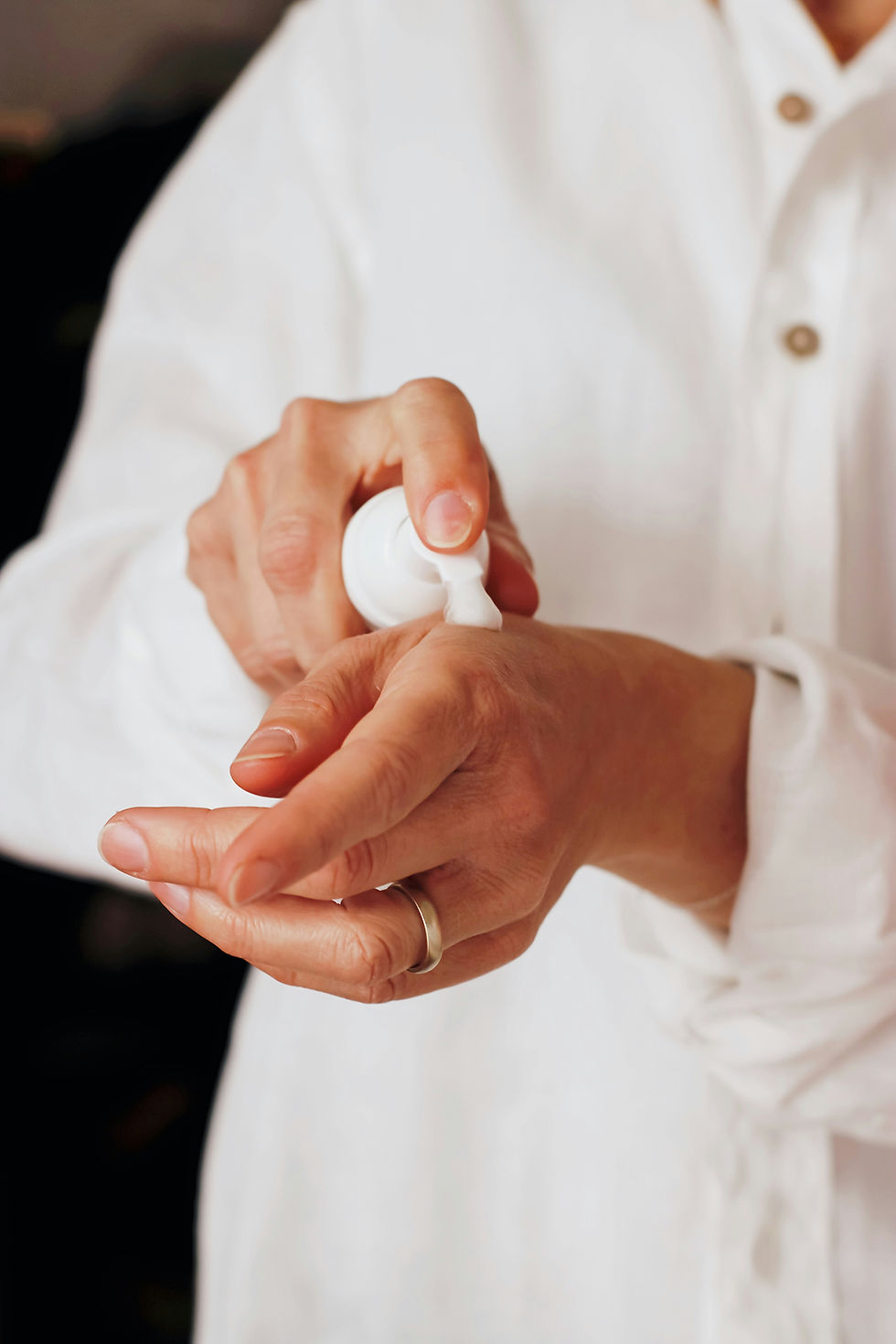New study supports low-dose isotretinoin for resistant rosacea
- Allan Ryan
- Jun 3, 2024
- 2 min read

A systematic review published as a short form communication in JAAD International has found evidence that low-dose isotretinoin can be an effective and safe treatment option for patients with rosacea who have not responded to traditional therapies.
Rosacea is believed to affect 10% of the global population. While guidelines recommend oral antibiotics combined with topical anti-inflammatory agents as first-line treatment for moderate to severe cases, many patients experience recalcitrant disease requiring alternative therapeutic approaches.
The study, led by Dr. Adam Friedman, professor and chair of dermatology at the George Washington University School of Medicine and Health Sciences in Washington, D.C., and Dr. Sapana Desai, a dermatology research fellow, systematically evaluated available data on the use of low-dose isotretinoin for rosacea treatment.
They analyzed data from 14 studies involving 1,320 patients with moderate to severe or treatment-resistant rosacea. The studies used low-dose isotretinoin (LDI) regimens ranging from 0.1 to 0.5 mg/kg/day or fixed doses of 10 to 20 mg/day for an average duration of at least 16 weeks.
Across the studies, LDI treatment led to reductions of 71% to 83% in papules, pustules, and erythema, with some patients achieving complete resolution of symptoms. Increased tolerability was observed at the 10 mg/day dosage.
"Our findings provide robust evidence that low-dose isotretinoin can be an effective and safe treatment option for rosacea patients who have not responded to traditional treatments," Dr. Friedman said in a press release.
Isotretinoin, typically used to treat severe acne, can reduce the size and activity of sebaceous glands, induce apoptosis, and downregulate inflammatory pathways implicated in rosacea pathophysiology, conferring anti-inflammatory effects.
While the studies support LDI's efficacy, the researchers note a lack of standardized protocols and call for additional long-term, high-powered studies to guide optimal dosing of LDI and treatment intervals for maintaining disease clearance.
“This study provides practical support to hopefully encourage others to expand their management paradigm to address the large population of those not responding to standard approaches and continuing to suffer from this distressing condition," said Dr. Friedman.




Comments